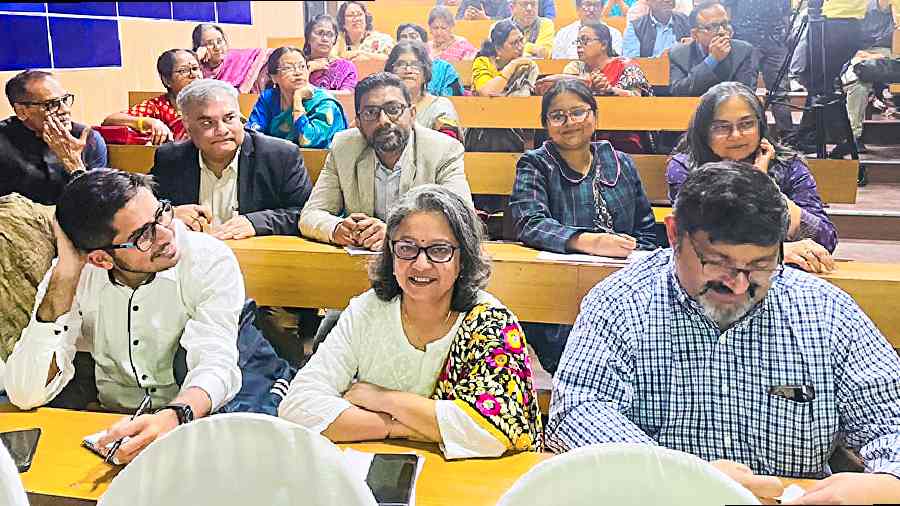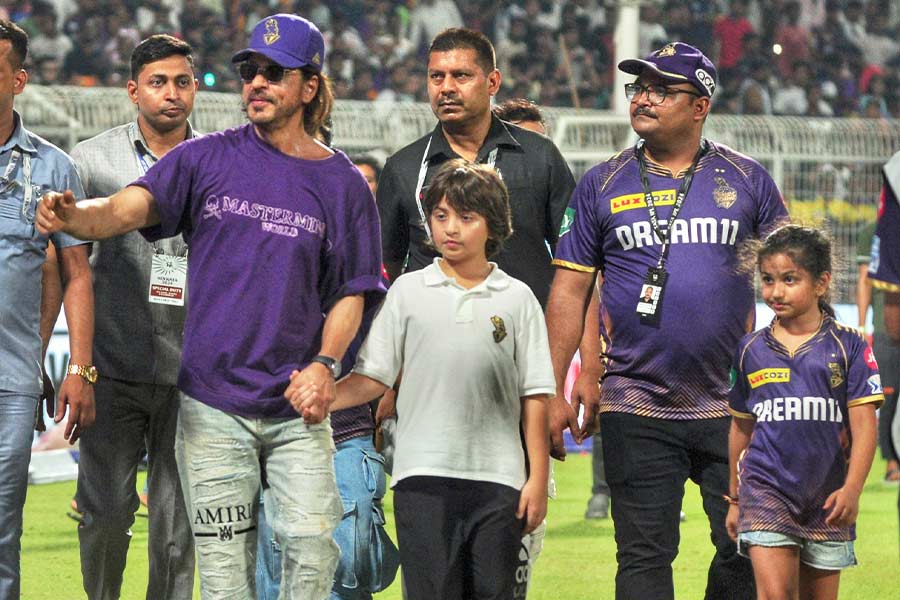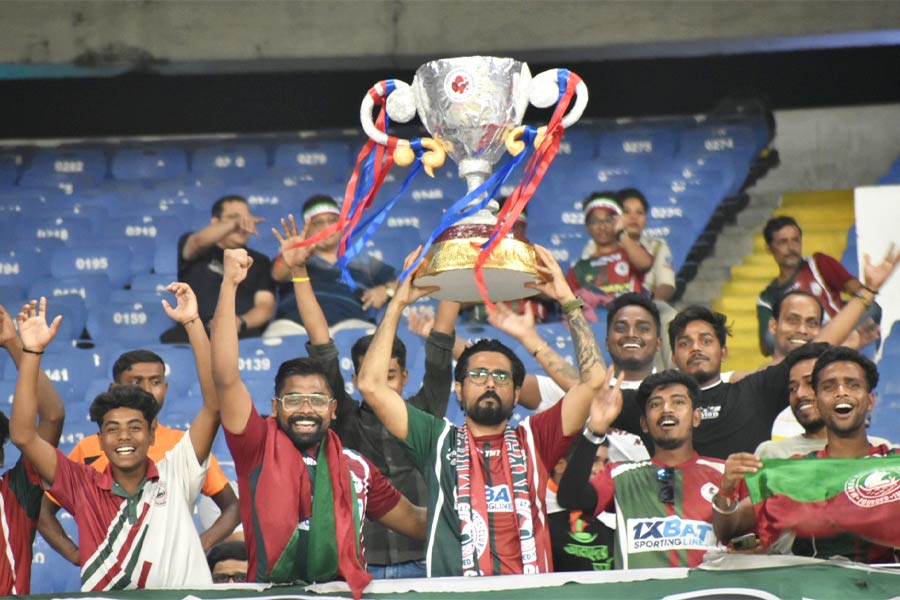Empathy is a quality that has almost gone out and needs to be rekindled among doctors, a surgeon said at a debate on Sunday on whether doctors had any role in running the healthcare system.
Kaushik Ghosh, an orthopaedic surgeon and actor, said doctors needed to be more empathetic and more compassionate, while speaking at the 71st annual reunion debate of the Calcutta National Medical College and Hospital.
Speakers for the motion — “Doctors have no hand in running the health-care system” — argued that doctors were merely pawns, bereft of any power to influence the system, and were victims of abuse and assault.
One of the speakers, pulmonologist Raja Dhar, said policies that would have worked better if doctors framed them are being framed by bureaucrats.
But there were sharp arguments against the motion, too, with one speaker asserting that doctors were at the centre of the entire health system. Even before the speakers got going, the motion was put to vote to see what was the belief of the house, mostly comprising doctors. The audience overwhelmingly voted in favour of the motion.
“I am talking about a quality that has almost gone out, but we need to rekindle it. This quality is called empathy. Mind you, I am not talking about sympathy, because in case of sympathy, you speak from a pedestal. Empathy is putting yourself in the other person’s position,” Ghosh said.
“While treating a person from a lower socio-economic background, if you decide that since this person comes from a lower socio-economic background, I will not prescribe an antibiotic that costs Rs 52 but prescribe one that costs Rs 11, then I salute you,” he said.
Ghosh said there were “ways and means of treating people”.
A person who runs a grocery store may not be able to incur the cost of a huge titanium implant in the shoulder joint.
“There is another way. There are ways and means of treating people. These titanium implants were not in existence 30 years ago, when I studied in this college,” he said.
Zaad Mahmood, an assistant professor of political science at Presidency University, does not feel doctors are without power to influence the healthcare system. “We are talking about the health-care system. In any system, there will be inter-connected moving parts and it forms something larger than an individual. In this health-care system, doctors are at the centre.... All these ethics and values that we are talking about are transferred from one generation of doctors to another.”
Speaking for the motion, pulmonologist Sushmita Roychowdhury said doctors in rural areas have to deliver against multiple odds such as lack of infrastructure and fear of assault. Those in medical colleges are relatively better, but they, too, work under constant threat of transfer if they refuse to toe the line of the administration.
“There is an increasing trend of doctors opting for jobs in corporate hospitals for two reasons. You have a good health-care delivery. Besides, doctors think if there is litigation, the administration is going to help them out of it,” she said.
At the end, the motion was again put to vote. An overwhelming majority voted for the motion.






